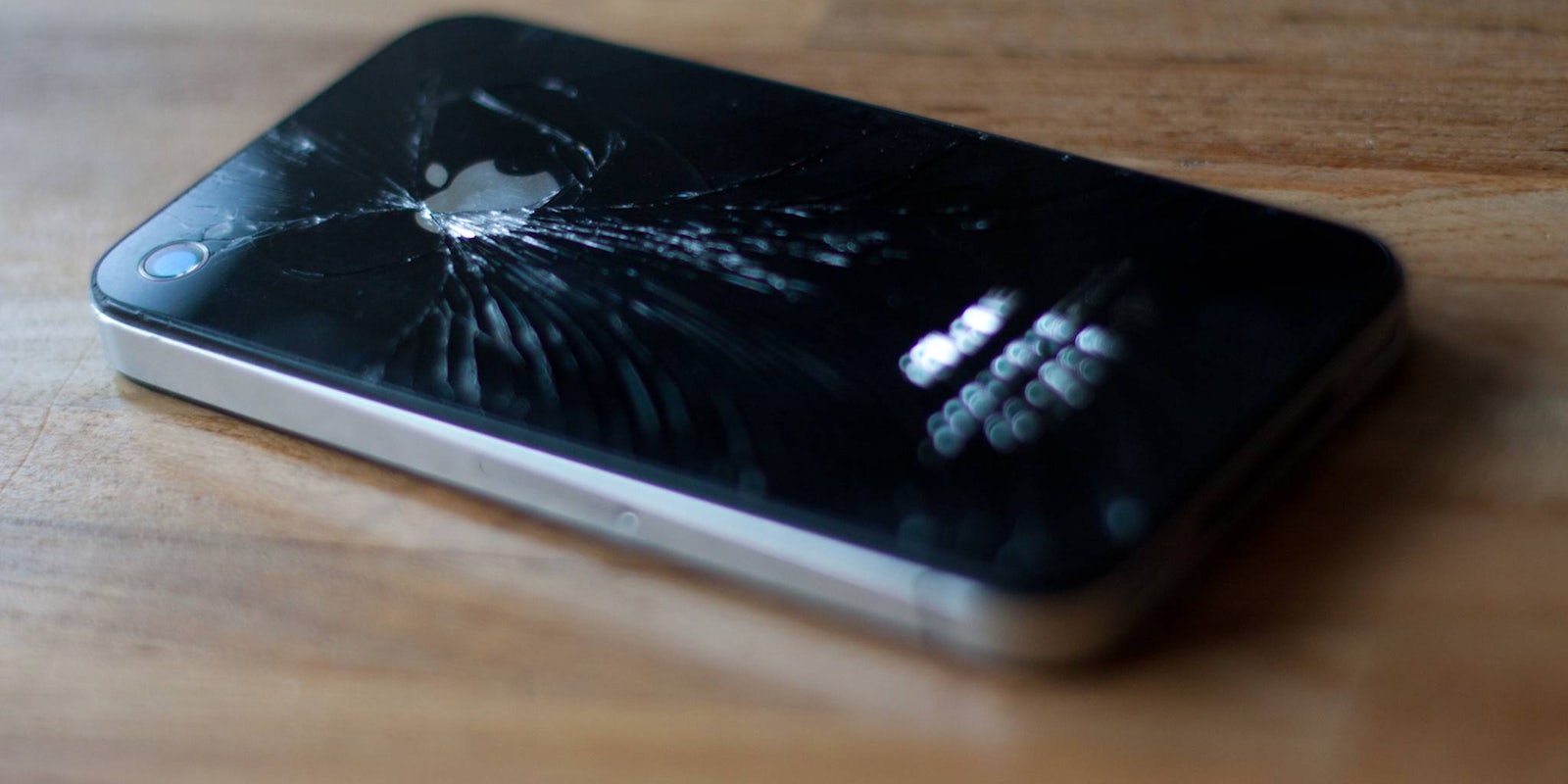The U.S government said in a court filing on Friday that it will continue to appeal a ruling in the Eastern District Court of New York that has distinct similarities to the recent high-profile legal battle between Apple and the FBI.
Last month a judge ruled in favor of Apple, saying the U.S government lacked the authority to use the All Writs Act, a 200-year-old law used when other legislation doesn’t apply, to compel Apple to assist in extracting data from the locked iPhone 5C of a dead terrorist.
The case is similar to the fight over the iPhone of San Bernardino shooter Syed Rizwan Farook, with a few key differences. The U.S. Department of Justice isn’t asking Apple to build a specialized version of their operating system that bypasses certain security measures, but to extract data from the phone and provide it to the government in an unencrypted format.
The phone in question, which belonged to a convicted drug dealer who pleaded guilty, is also running iOS 7, which was released before Apple’s operating system automatically encrypted the phone’s hard drive.
Apple has previously complied with similar requests to pull data off of unencrypted phones. In a call with reporters on Friday, a lawyer for Apple who asked not to be named railed against the notion from James Comey, director of the Federal Bureau of Investigation, that these cases are about one phone, and he said that the U.S government is again trying to set a legal precedent.


